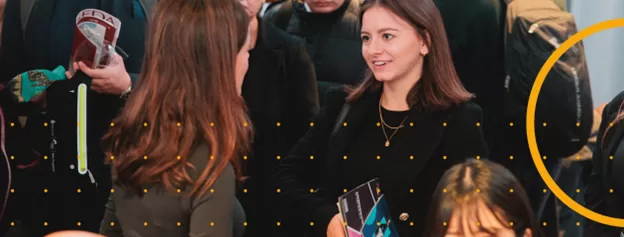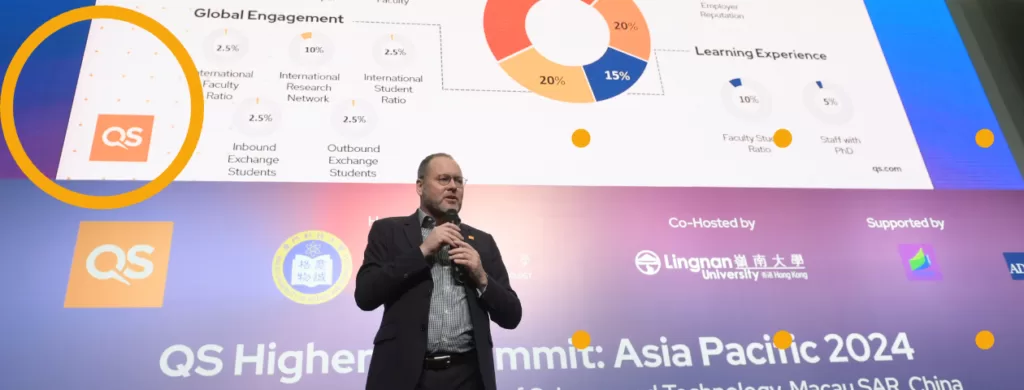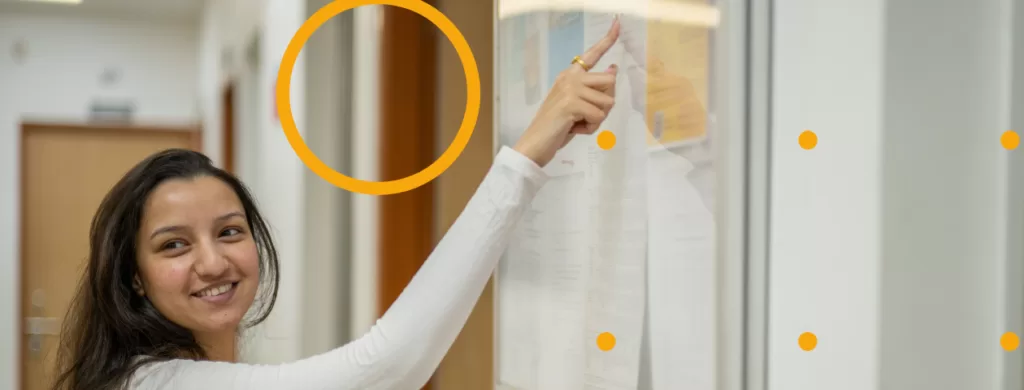
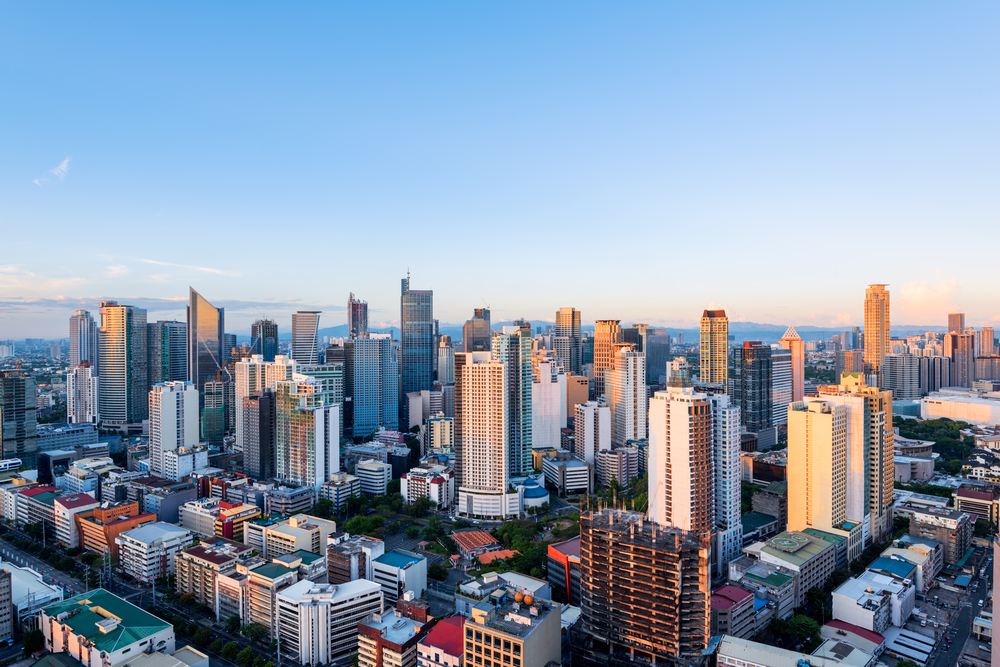 The Philippines has announced its intention to scrap tuition fees from the start of the 2017 academic year. The government, under the leadership of president Rodrigo Duterte, aims to cover the loss in revenue by increasing government spending on education. The increase will be from 433 billion Philippine pesos to 544 billion Philippine pesos, a growth of around US$2.2 billion.
The Philippines has announced its intention to scrap tuition fees from the start of the 2017 academic year. The government, under the leadership of president Rodrigo Duterte, aims to cover the loss in revenue by increasing government spending on education. The increase will be from 433 billion Philippine pesos to 544 billion Philippine pesos, a growth of around US$2.2 billion.
Living costs and other expenses would still need to be paid by students, under the government’s new directive, but grants and aid would be made available to those in need.
Free tuition was a major promise made during Duterte’s campaign for the presidency, although the idea originally gained traction due to student movements across the country, after which the Senate picked up the proposal. The announcement has been celebrated by the country’s youth sector, with many suggesting it could significantly boost the quality and availability of higher education in the Philippines.
However, some are worried that the move may not cover all undergraduates and that it will only be available to those from lower income families.
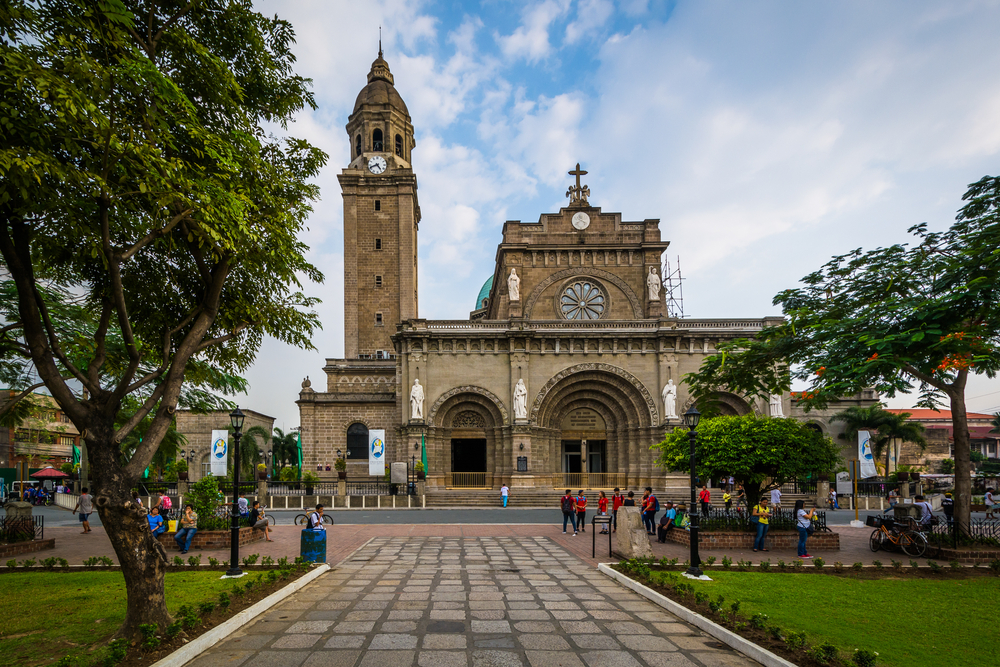 Kabataan Partylist, the country’s only youth party in the Philippine Congress, celebrated the move, but noted that the president seemed to suggest it may be implemented more slowly and in a more limited way than they would like:
Kabataan Partylist, the country’s only youth party in the Philippine Congress, celebrated the move, but noted that the president seemed to suggest it may be implemented more slowly and in a more limited way than they would like:
“Yet as with all new programs, there is a need to safeguard the proper implementation of the provision of free tuition fee[s]. It is important to underscore that we must still give priority to financially disadvantaged but academically able students,” the party reports Duterte as saying.
The League of Filipino Students has protested against this, with a spokesman for the movement stating:
“Our right to education is non-negotiable. We reject all forms of conditionalities that will obstruct the path in having a free public education in all levels for every Filipino youth… Duterte’s conditions that students who can afford tertiary education must pay and those who are poor, but academically inclined, are the only ones subsidized is the same premise of UP’s [the University of the Philippines] socialized tuition system. But it cannot fool us. We have seen how such premise translates to tuition increases and imposition of other school fees.”
If the move were to be implemented fully, around 1.6 million students participating in higher education in the Philippines would receive financial assistance. Whether this will be the case is not yet certain.
Interested in finding out more about education in Asia?
Discover how Taiwan is attracting more international students.
